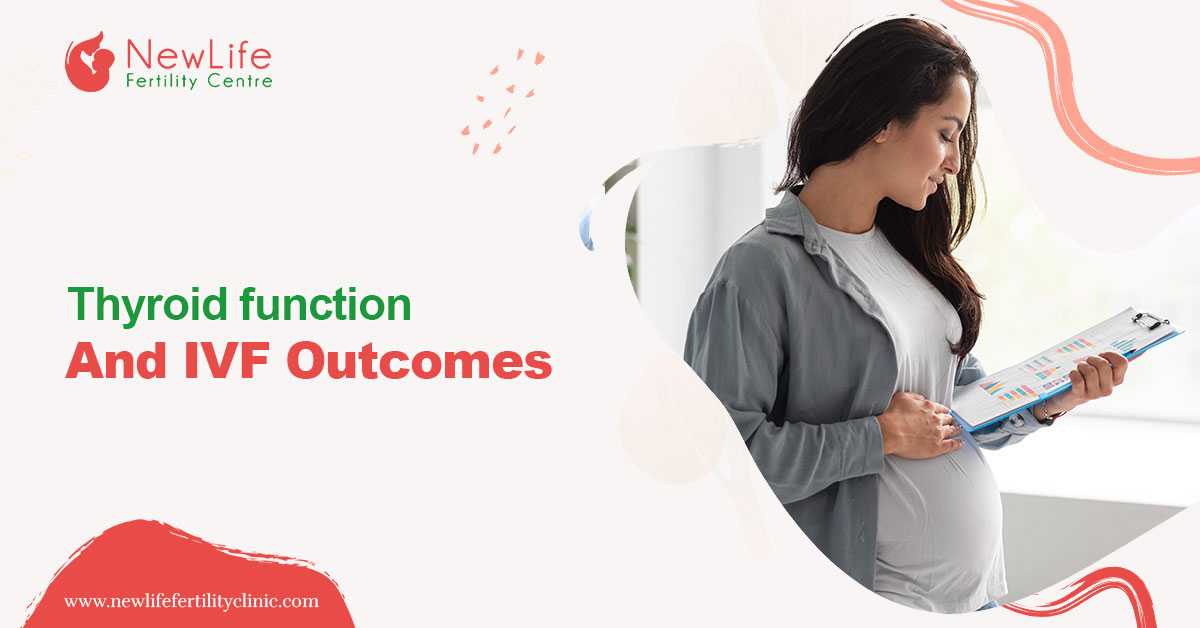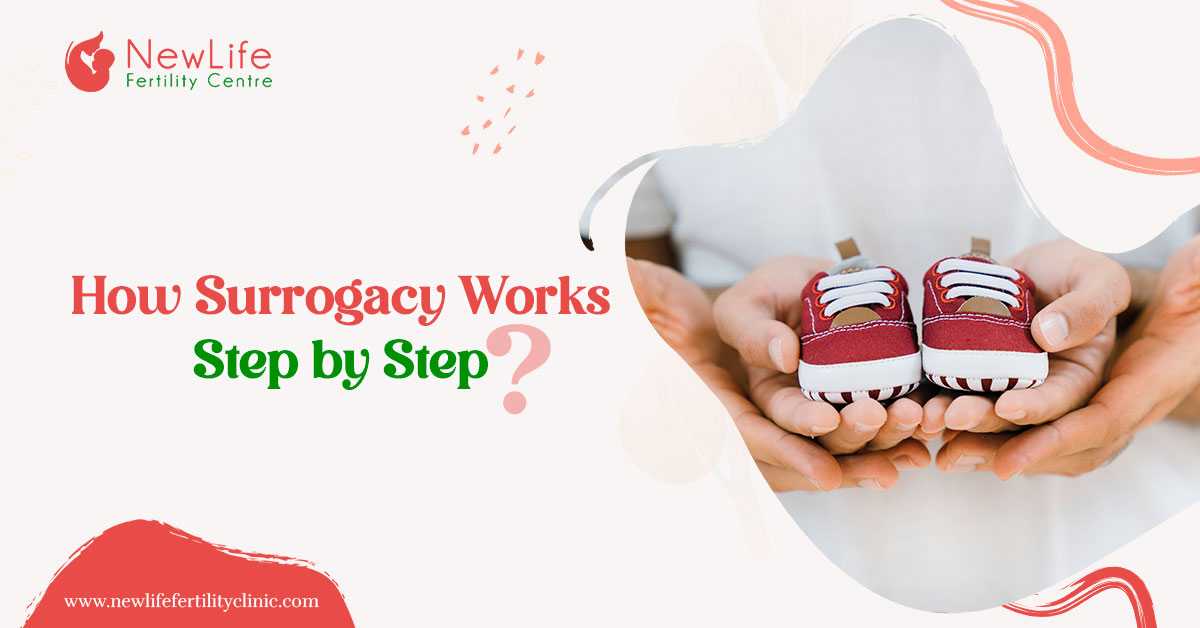Most pregnancies occur without complications. However, some women who are pregnant will experience complications which will involve their health, their baby's health, or both. Sometimes, diseases or conditions the mother had before she became pregnant can cause complications during pregnancy. Some complications occur during delivery.
Even with complications, early detection and prenatal care can reduce any longer risk to you and your baby.
Some of the foremost common complications during pregnancy include:
- high vital sign
- gestational diabetes
- preeclampsia
- preterm labour
- a loss of a pregnancy, or miscarriage
Who is in danger of complications?
If you have already got a chronic condition or illness, ask your doctor about the way to minimize any complications occurring during pregnancy before you get pregnant. If you're already pregnant, your doctor may have to watch your pregnancy.
Some samples of common diseases and conditions which will cause complications during you pregnancy including :
- diabetes
- cancer
- high vital sign
- infections
- sexually transmitted diseases, including HIV
- kidney problems
- epilepsy
- anaemia
Other factors which will increase your risk for complications include:
- Being pregnant at age 35 or older
- Being pregnant at a young age
- Having a disorder like anorexia
- Smoking cigarettes
- Using illegal drugs
- Drinking alcohol
- History of pregnancy loss or preterm birth
- Carrying multiples, like twins or triplets
These are the foremost common complications women experience during pregnancy:
High vital sign
High vital sign occurs when the arteries that carry blood from the guts to the organs and therefore the placenta are narrowed. The high vital sign is related to a better risk of the many other complications, like preeclampsia. It puts you at a better risk of getting a baby well before your maturity. this is often called preterm delivery. It also increases your risk of getting a baby who's small. It's important to regulate your vital sign with medications during pregnancy.
Gestational diabetes
Gestational diabetes happens when the body cannot process sugars in the proper way. This results in higher-than-normal levels of sugar within the bloodstream. Some women will get to modify their meal plans to assist control blood glucose levels. Others may have to require insulin to stay their blood glucose levels on top of things. Gestational diabetes usually resolves after pregnancy.
Preeclampsia
Preeclampsia is additionally called toxaemia. It occurs after the primary 20 weeks of pregnancy and causes high vital sign and possible problems together with your kidneys. The recommended treatment for preeclampsia is delivery of the baby and placenta to stop the disease from progressing. Your doctor will discuss the risks and benefits regarding the timing of delivery. Your doctor may induce labour if you're 37 to 40 weeks pregnant.
If it's too early to deliver your baby, your doctor will monitor you and your baby closely. theyll prescribe medications to assist lower your vital sign and help the baby mature if youre not term. youll be hospitalized for monitoring and care.
Preterm labour
Preterm labour occurs once you enter labour before week 37 of your pregnancy. this is often before your baby's organs, like the lungs and therefore the brain, have finished developing. Certain medications can stop labour. Doctors usually recommend bed rest to stay the baby from being born too early.
Miscarriage
A miscarriage is the loss of a pregnancy during the primary 20 weeks. consistent with the American Pregnancy Association (APA), up to twenty per cent of pregnancies among healthy women will end during a miscarriage. Sometimes, this happens before a lady is even conscious of the pregnancy. In most cases, miscarriage isn't preventable.
A loss of pregnancy after week 20 of pregnancy is named a stillbirth. repeatedly the cause for this isn't known. Issues that are found to cause stillbirths to include:
- problems with the placenta
- chronic health issues within the mother
- infections
Anaemia
Anaemia means youve got a lower-than-normal number of red blood cells in your body. If youve got anaemia, youll feel more tired and weak than usual, and youll have pale skin. Anaemia has many causes and your doctor will get to treat the underlying explanation for the anaemia. Taking supplements of iron and vitamin Bc during your pregnancy may help since most cases of anaemia occur thanks to a deficiency.
Infections
Bacterial, viral, and parasitic infections may set hurdles in a pregnancy. Infections are often harmful to both the mother and therefore the baby, so it's important to hunt treatment directly. Some examples include:
- a tract infection
- bacterial vaginosis
- cytomegalovirus
- group B Streptococcus
- hepatitis B virus, which may spread to your baby during birth
- influenza
- toxoplasmosis, which is an infection caused by a parasite found in cat faeces, soil, and meat
- a yeast infection
- Zika virus
When to call your doctor
If you're pregnant, don't hesitate to call your doctor if there are any signs of a drag. Call your doctor directly if you experience any of the following:
- bleeding from the vagina
- sudden swelling of the hands or face
- pain within the abdomen
- a fever
- severe headaches
- dizziness
- persistent vomiting
- blurred vision
You should also call your doctor if you think that your baby is suddenly moving less often than usual during the trimester.




